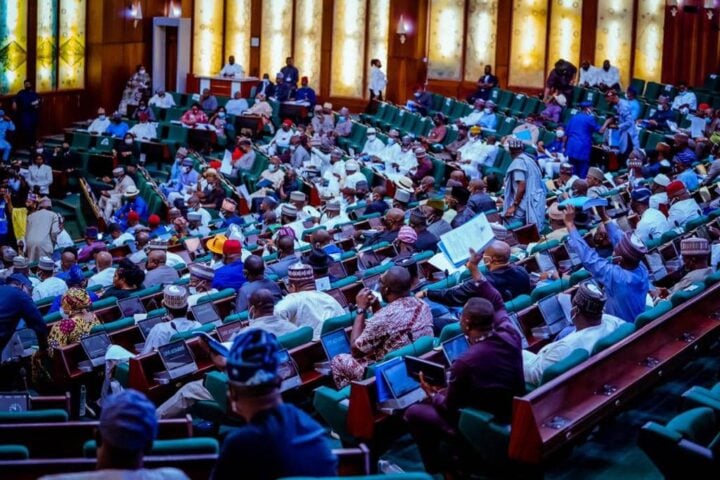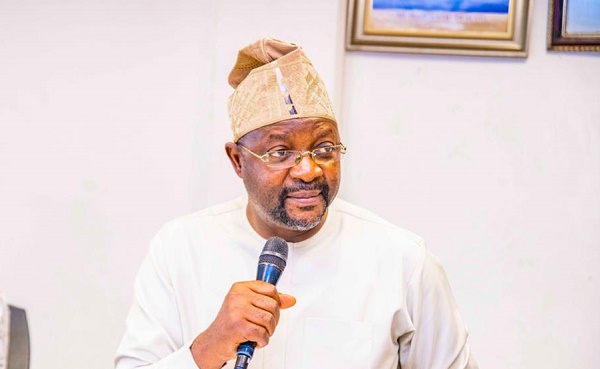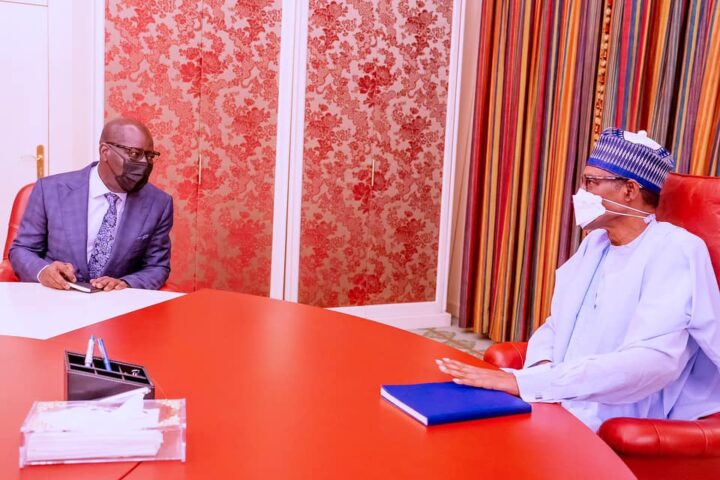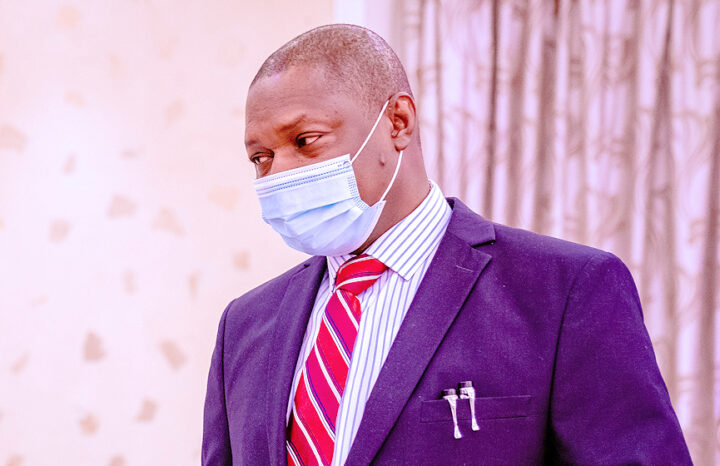Members of the house of representatives have asked that the oil price benchmark for the 2022 budget be pegged at $60 per barrel.
The federal government had proposed a benchmark of $57 per barrel.
The lawmakers made the demand while contributing to the debates on the appropriation bill during the plenary session on Wednesday.
Onofiok Luke, a lawmaker representing Etinan/Nsit Ibom/Nsit Ubium federal constituency (Akwa Ibom), said the $57 per barrel is not sustainable.
Advertisement
“The pegging of oil price at $57 per barrel is totally quite very low. It is not sustainable,” he said.
“Permit to add that in the last three years since 2018, we have had a yearly high at an average of about $60 per barrel. So we should be advocating that there should be the upping of the pegging of $57 per barrel to $60 per barrel.
“In 2018, the year high was $77.41 cents per barrel; in 2019, it was $66.24 cents. In 2020 it was $63.23 cents. As of today, Brent is $83.27 cents. So we can have an average of $60 per barrel and that would be sustainable for us.”
Advertisement
Two weeks ago, Brent crude, global oil benchmark, climbed to a three-year high at $80 a barrel amid increasing demand for the commodity.
Expressing a similar view, Leke Abejide, chairman committee on customs, said the oil benchmark of $57 per barrel is “very low”.
“The benchmark of $57 per barrel, if you look at the world market today, it is above $80,” he said.
“I think this is a bit low. If we can look at it, not to be too ambitious, maybe we take it above $60 per barrel.
Advertisement
“I think this is a bit realistic because if you look at the trend for the past two years, it has never come down below this price. I think the price of 57 dollar per barrel is very low.
CONCERNS OVER ALLOCATION OF N3.9 TRILLION FOR DEBT SERVING
Some lawmakers at Wednesday’s plenary session also expressed concerns over the proposed N3.9 trillion for debt servicing.
According to them, the figure is “worrisome” as it represents about 25 percent of the whole budget.
Advertisement
Toby Okechukwu, lawmaker from Enugu, said, “we have over N3 trillion for debt servicing and more than 6 trillion for recurrent expenditure, this means that whatever that is going to capital expenditure if you take TETFUND and these agencies away, it’s about 2.8 trillion”.
“There’s no way we can continue to commit that level of the fund to recurrent expenditure and to debt servicing and we shall overcome”.
Advertisement
Luke, chairman committee on judiciary, expressed concerns over the increase of loans obtained by the federal government.
“The first concern is the sum of N3.9 trillion for debt servicing which represents almost 25 percent of the whole budget. This is worrisome and raises some issues and concerns. I believe the federal government should look at it and tinker with it,” he said.
Advertisement
“Another source of concern is that the proposal before us has a deficit of N6.2 trillion and the government is proposing new borrowings to finance this deficit. What this implies is that the total public debt of Nigeria is expected to rise to N5 trillion in the 2022 fiscal year.
“This is worrisome not only for today but for generations unborn and the future of Nigeria. Let us do what we can to try to reduce the deficit and how we can reduce borrowing.”
Advertisement
While contributing, Ndudi Elumelu, minority leader, said the loans should not be diverted for other purposes, but strictly for what it was meant for.
“My worry is about the loan but like someone submitted, the person said there’s nothing wrong about loan but when the loan is taken it should be for a good purpose,” he said.
“With the emergence of COVID-19, this budget should be able to address those abnormalities before us, by ensuring that our medical centres are up to date with infrastructural technology required.”
Add a comment






